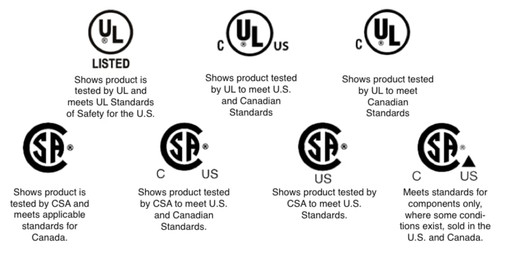2023 Jul 26th
Delays of Transitioning to “Green Energy” Technologies in Canada
OffGridSupply is an Alternative Energy Solutions Company. We offer over one thousand products online and ship products from coast to coast in Canada.
The rapid transition to green energy is a high priority to governments around the world, clearly obvious by all the media and government grants and incentives being offered through different programs and industries.
Green & Renewable Energy options are very much front and center of the conversation when determining alternative heat and power solutions for commercial, industrial, or residential use.
New technologies or improvements to existing technologies are developing at a rapid pace never seen before. A few examples include the development of Biofuels to eventually replace modern day gasoline, diesel, natural gas, electric cars and more. Solar panels are becoming far more powerful and requiring only the same space/footprint as panels half the power rating did just a few years ago. Government regulations have forced manufacturers of wood burning appliances and equipment to improve efficiency and emissions to a much higher standard, there are many more representations. The current pace continues to be gaining momentum and it is likely to continue for the foreseeable future, replicating the growth of the PC (personal computer) industry in the 1980’s.
One of our regular routines includes evaluating new products, technologies, or concepts and the potential market for them. Our research includes practicality, quality, value, longevity, and the overall challenges and concept of bringing products to the market. Not every product or idea makes it to the Canadian market.
We frequently have companies from around the globe contact us with products and technologies seeking market access through our growing online Canadian presence. We have been introduced to some very impressive lifestyle changing energy generation products or concepts. Some of these have already been in use for years in other countries. As much as we would like to introduce several of these products, unfortunately, too often after the manufacturer becomes aware of the added costs and delays entering the Canadian market, they soon become discouraged and the interest fades away.
In Canada the CSA and the Insurance industry are at the heart of the added costs and delays in transitioning to green energy and the introduction of new products to the Canadian market. The insurance industry often demands that electrical or heating equipment to be installed in insured structures, to be CSA certified.
This is a costly and potentially very time-consuming undertaking for the manufacturers and distributors when considering the small population of Canada. Add to this, the risks that success with their venture into the Canadian market is not guaranteed to be a success. Often manufacturers after evaluating the overall process, delay if not totally abandon the concept of entering the Canadian market.
We understand that the insurance industry is trying to protect themselves, minimize insurance claims related to faulty equipment or the installation thereof. We also understand the intention of the CSA is to protect the general population from injuries, property damage and related liabilities.
We question are the additional costs and delays created by an added layer of CSA certification truly beneficial or in fact even necessary? The added layer of certification is negatively impacting the government’s own agenda to rapidly transition to “green energies” while at the same time discouraging interest from many other viable alternative energy companies, limiting the energy options to the consumer wile also driving up the cost.
Most energy products on the global market have previously been certified in other countries and bear the CE or UL markings. Adding CSA certification on top of these existing certifications appears to be redundant especially when considering that often other countries certifications have a higher threshold for certification standards than Canada? Many people consider CSA certification as little more than a cash grab.
The Canadian government (CSA) and its foreign trade partners that recognize the existing certifications like CE, UL need to create a new “Global Certification” standard. They can negotiate the guidelines, shared costs, and profits through the creation process.
The benefits of a global certification will expand access for Canadians to existing products and technologies from abroad at a reduced time and cost. Canadian manufactures will benefit by having access to other global markets without encountering similar costs and delays created by entering markets that presently require CE or UL standards. Foreign companies wanting to expand into Canada can pre-evaluate the market without encountering the added costs and delays of the CSA certification process. New manufacturing and distribution in Canada create new employment opportunities.
The global certification concept, will open a wide variety of energy options for Canadian, consumers, manufacturers, distributors and accelerate the governments agenda to rapidly transition to “green energy.”

